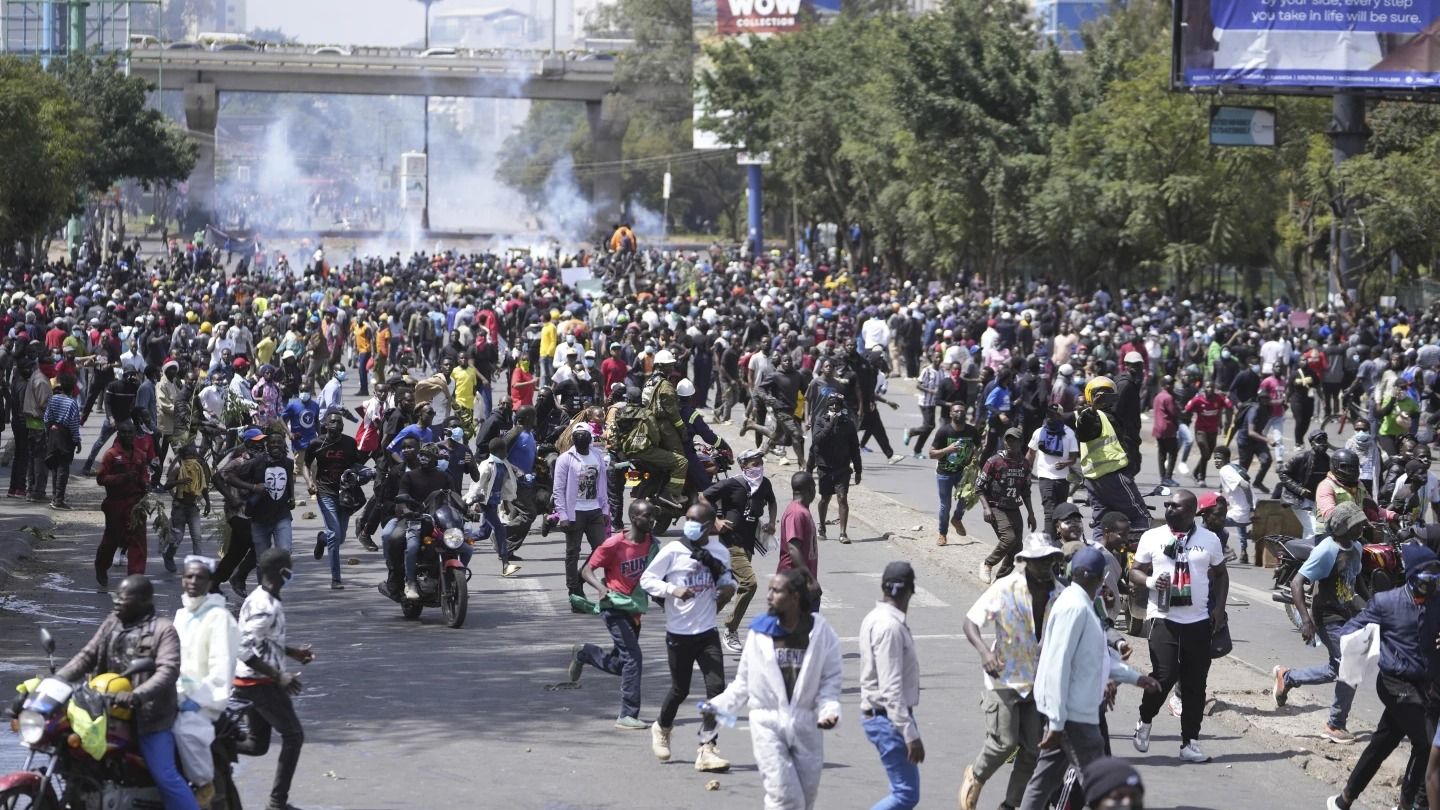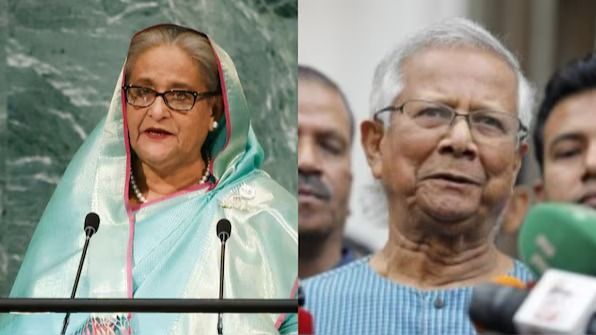Nairobi: At least five people were killed and several were injured in a violent protest after thousands of protesters stormed Kenya’s parliament on Tuesday over the new finance bill. Protesters set parts of the legislation building on fire and closed with security forces despite tear gas and water cannons. This comes as the country has already been dealing with a dwindling economic crisis from the after-effects of the COVID-19 pandemic, the Ukraine war and two consecutive years of drought and depreciation of the country, AP reported.
The mass violence occurred as parliament approved the finance bill, which will now move to a third reading before it is potentially sent to the president for signing.
Meanwhile, President William Ruto condemned the incident as a serious national security threat, vowing to restore order “at whatever cost.”
Furthermore, the Defence Minister announced the deployment of the military to aid police amidst the violent unrest, which also spread to other cities.
What’s the New Finance Bill?
A finance bill is presented in Parliament before the start of a financial year that is July to June, laying out the government’s plan for the year.
For the 2024-25, the Ruto’s government aims to raise about $2.7
billion in additional taxes to reduce the deficit budget and the state’s borrowing. The country’s debt stands at 65 per cent of GDP, 10 per cent higher than what has been recommended by the World Bank and the International Monetary Fund (IMF).
While grappling with acute liquidity issues the bill proposed to introduce a 16 per cent tax on bread, and 25 per cent on cooking oil. There was a plan to increase tax on financial transactions with an annual tax on vehicle ownership of 2.5 per cent.
However, the public urged the government to drop the tax hikes arguing that it will choke the economy and raise the cost of living for Kenyans who are already facing difficulty in meeting necessities. The govt later said that it would drop these.
However, many measures remain untouched. One of them includes the Tax on specialised hospitals and higher import fees.
In the case of medical care, the finance bill introduced a 16 per cent tax on goods and services for direct and exclusive use in the construction and equipping of specialised hospitals with a minimum bed capacity of 50. This raised concerns among Kenyans about higher healthcare costs.
In case of higher import fees, the bill proposes to increase the rate of import tax from 2.5 per cent to 3 per cent at the value of the item which will be paid by the importer.
Although the government has dropped some of the proposals, tax on imports remains to be a concern.
Kenyans are angry at the government as their long-thought concerns have been neglected. Many are demanding President Ruto to step down.
What’s Next?
Since the bill has been passed in the parliament, the president can either sign it into law within 14 days or send it back to the parliament for further amendments.
The government can also opt for other measures to defuse the pressure including deferring the bill.
(Inputs from agencies)
Why is Kenya Marred With Violent Protests Over the Finance Bill? world-news World News | Latest International Global World News | Todays Breaking News Headlines




